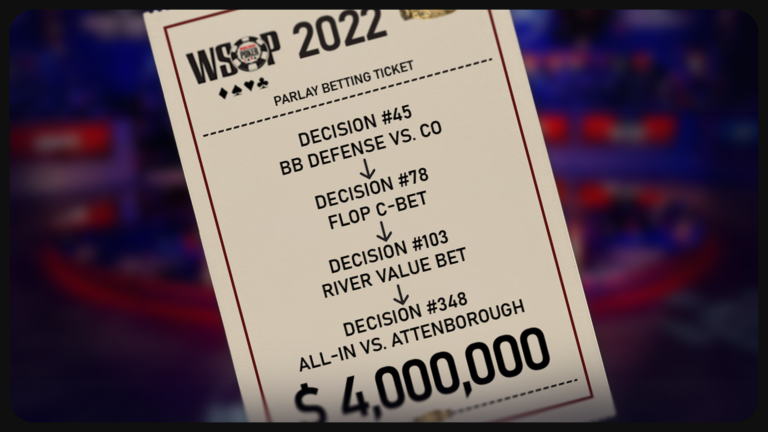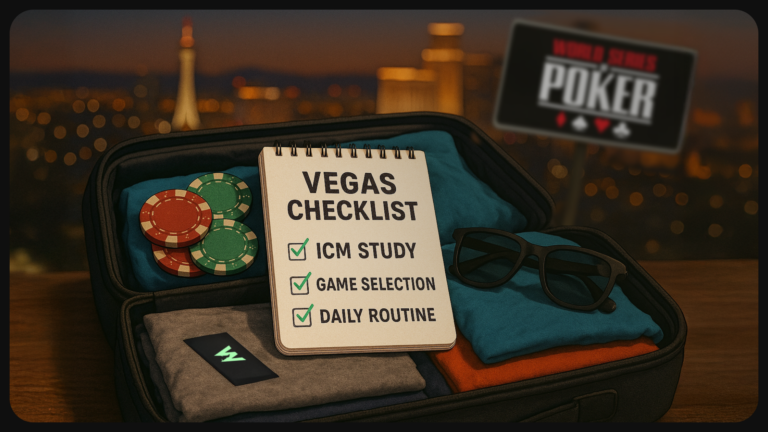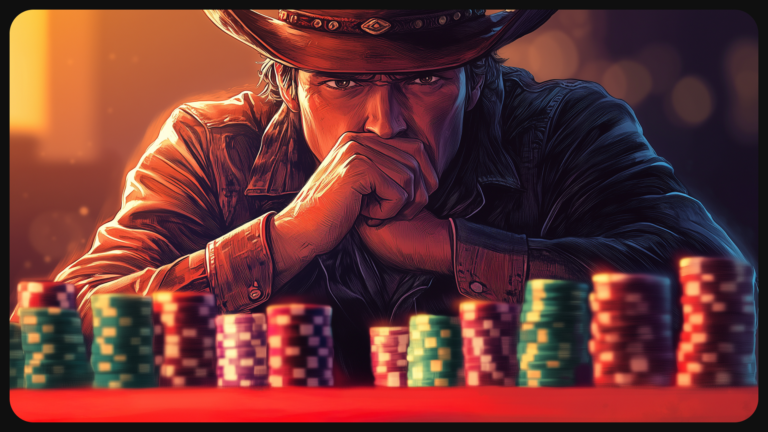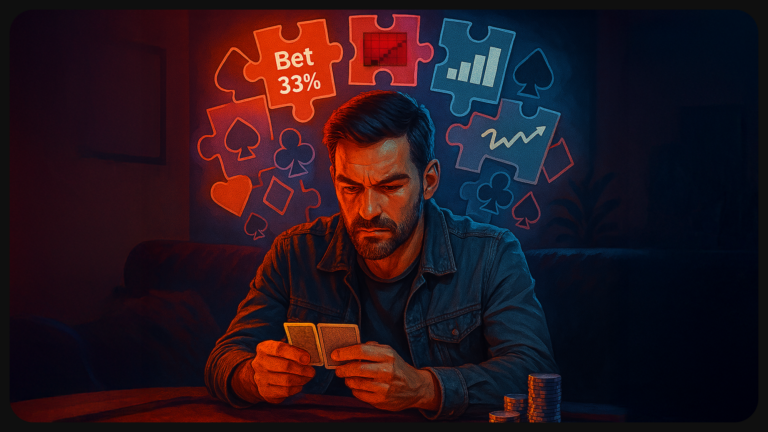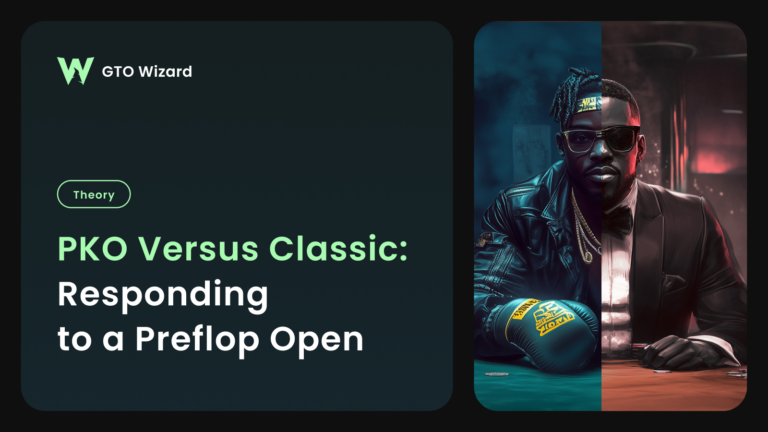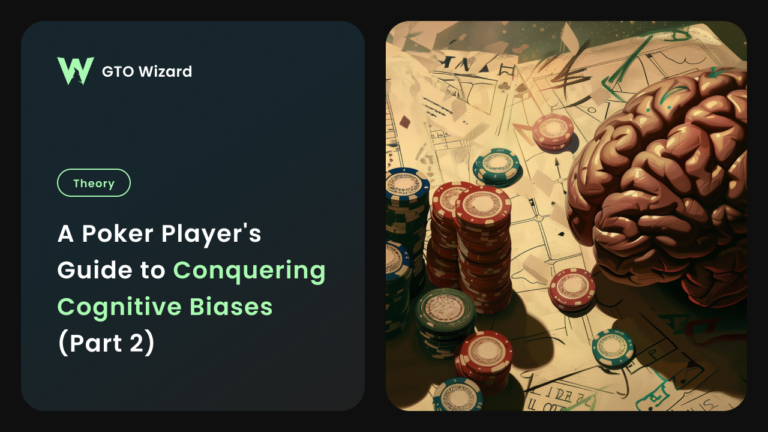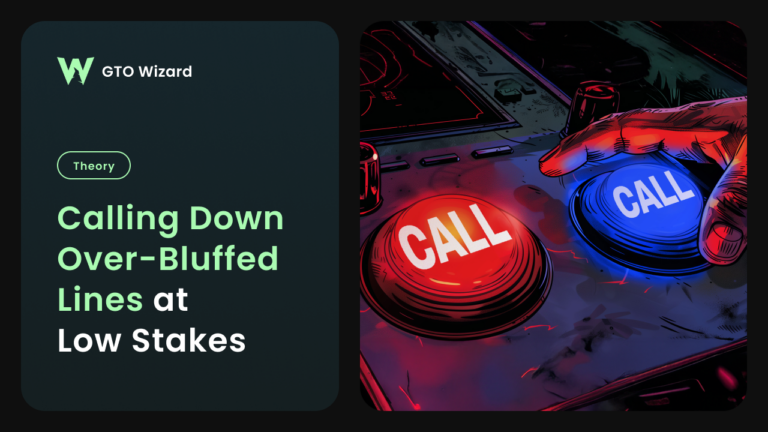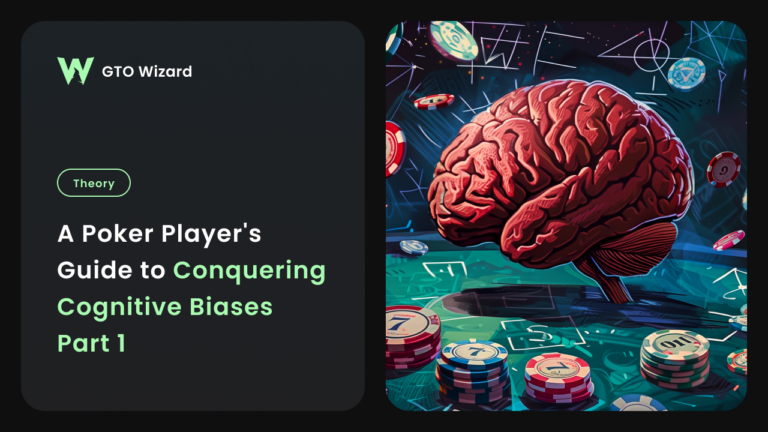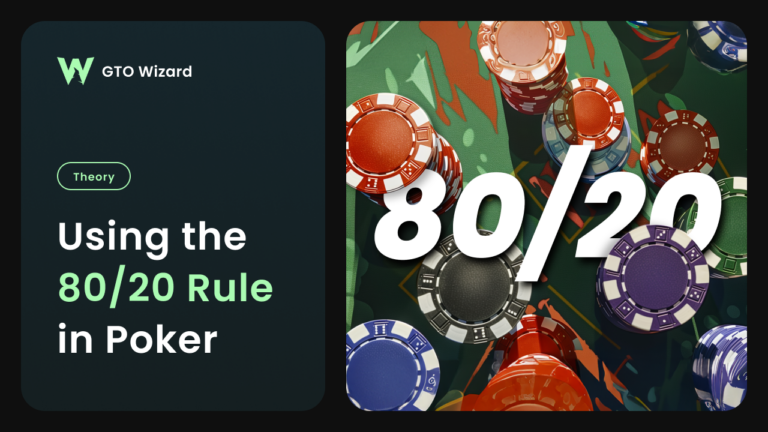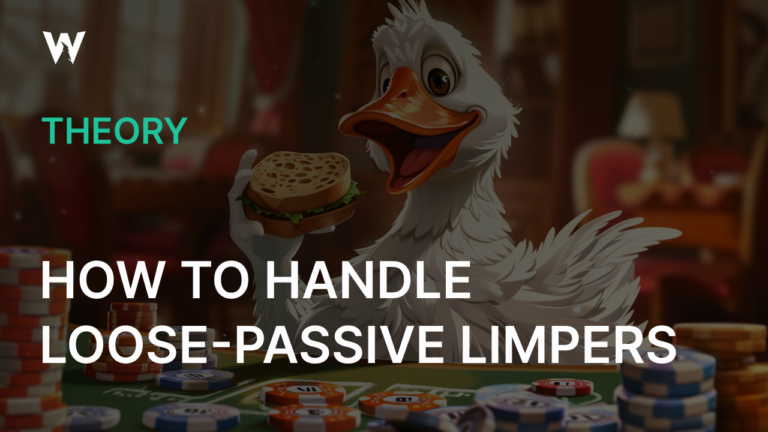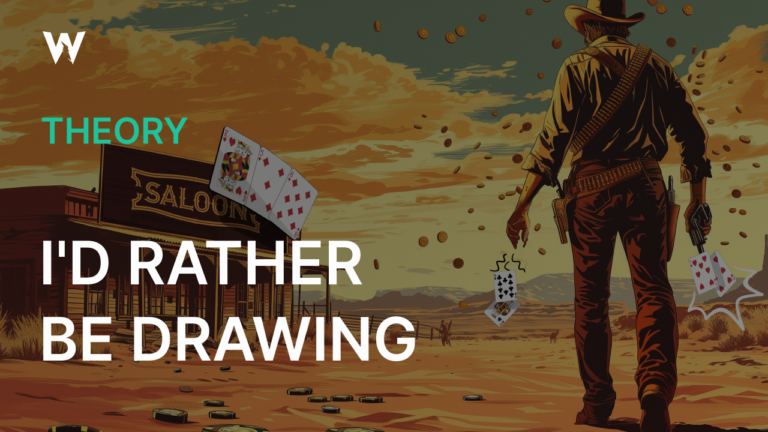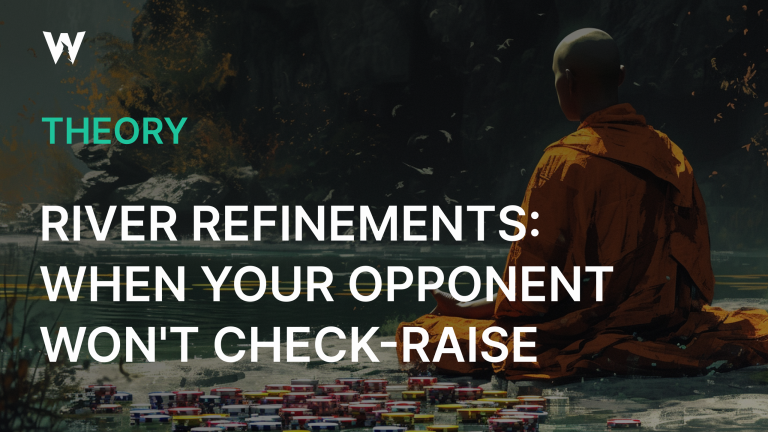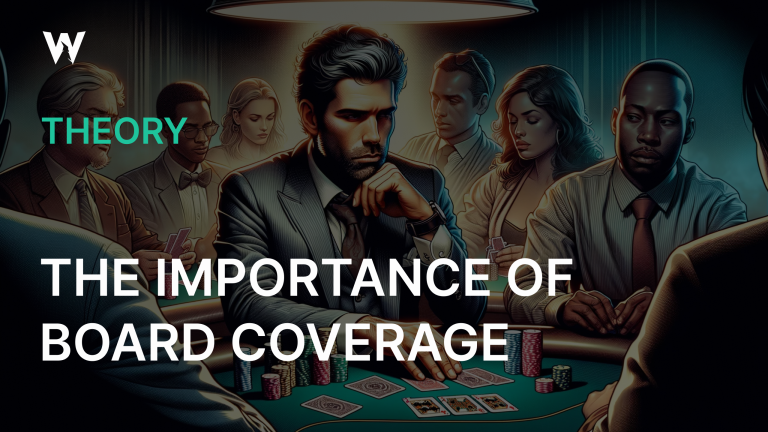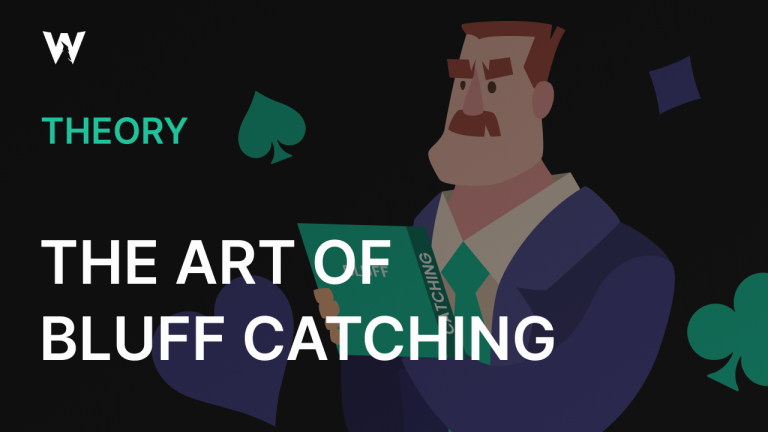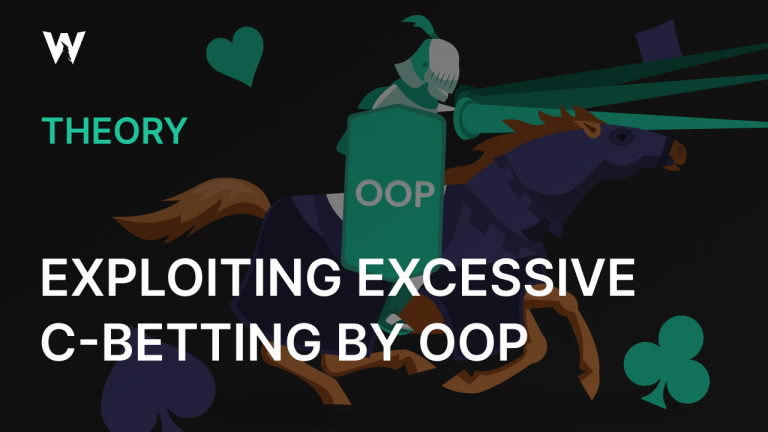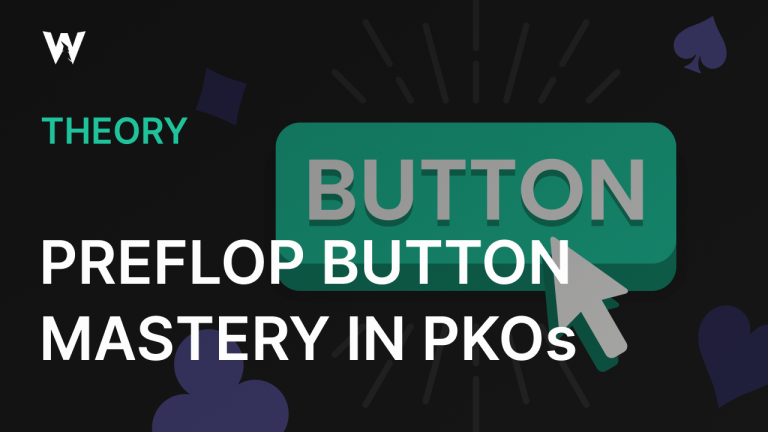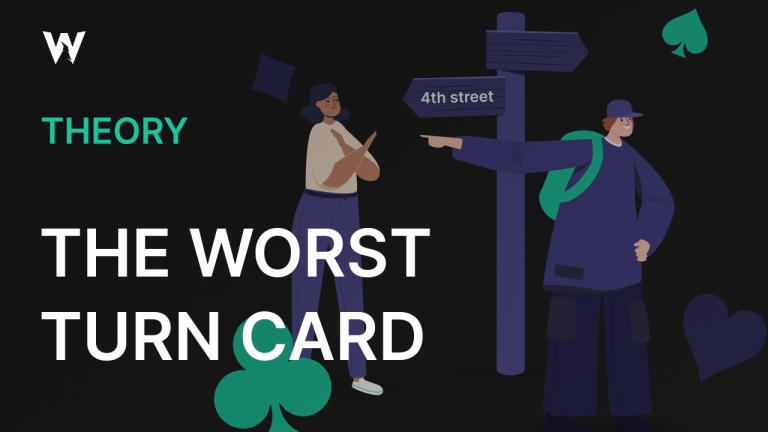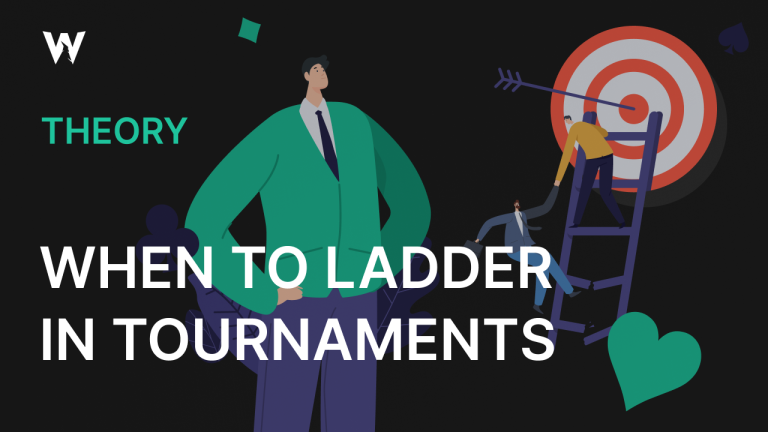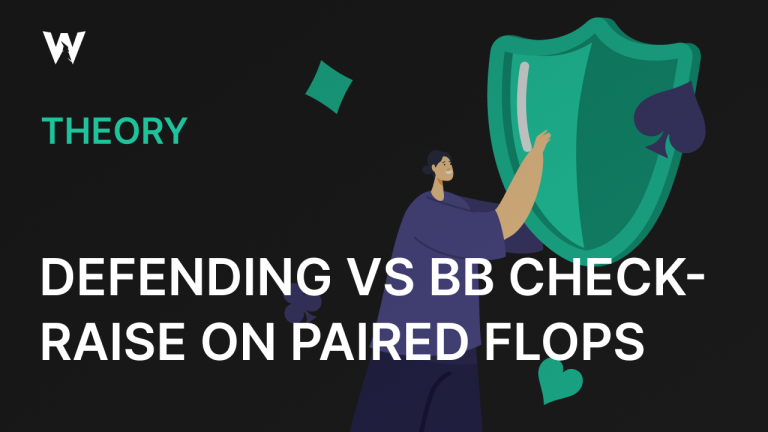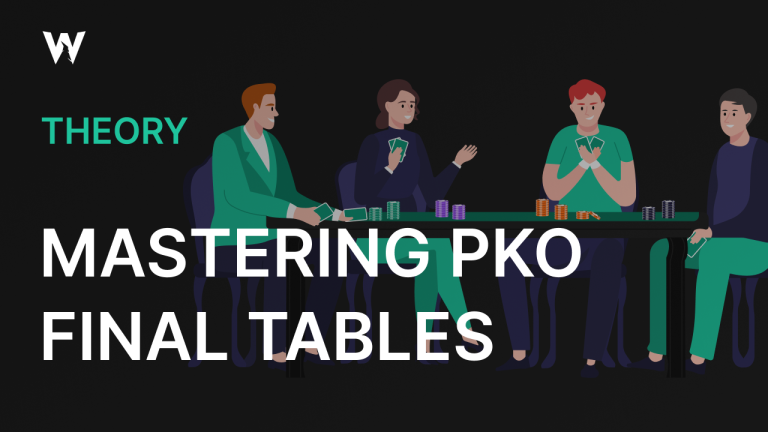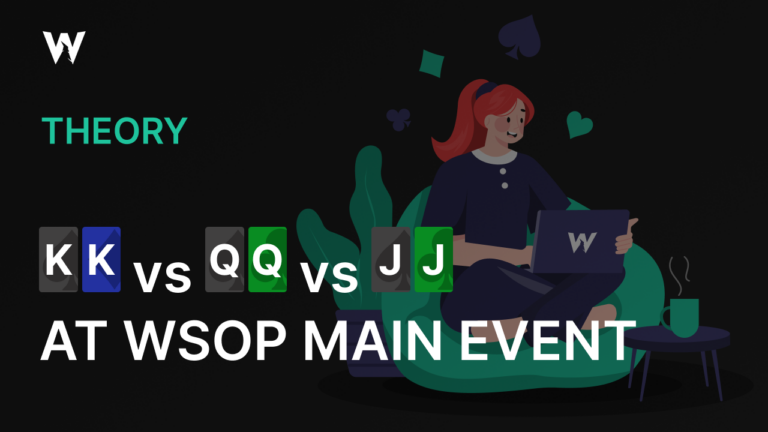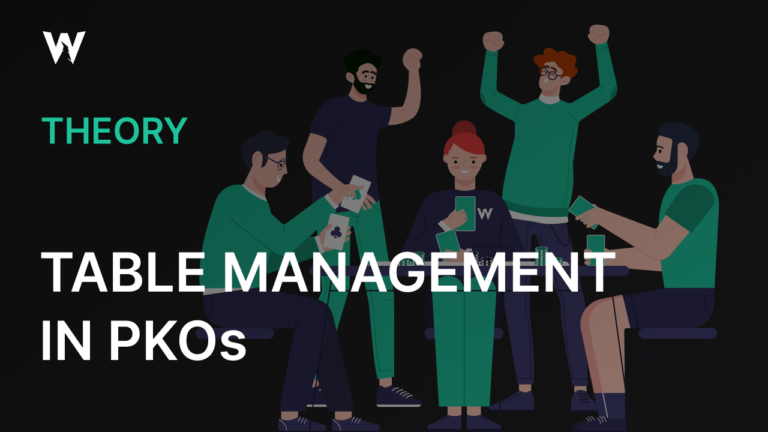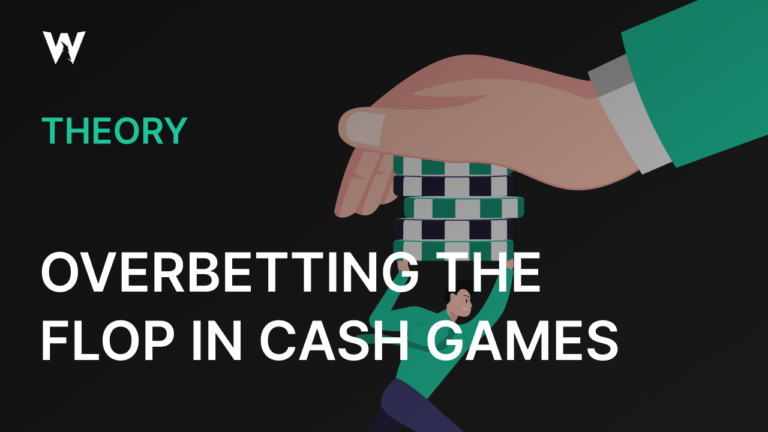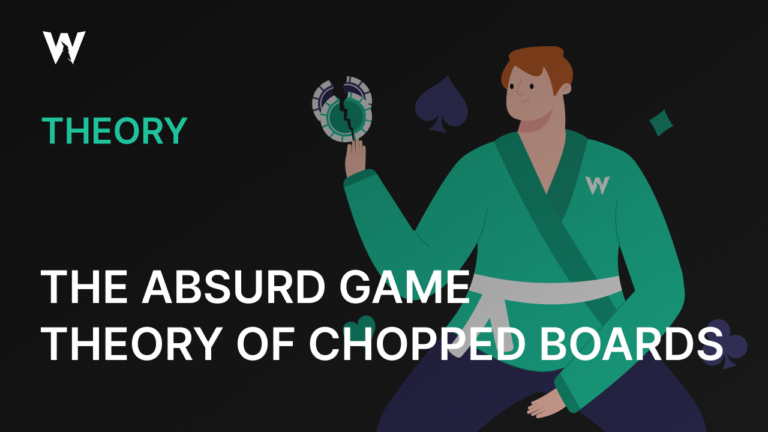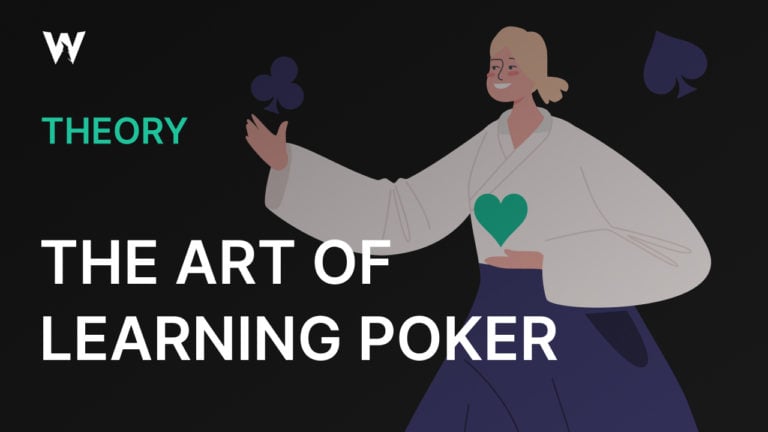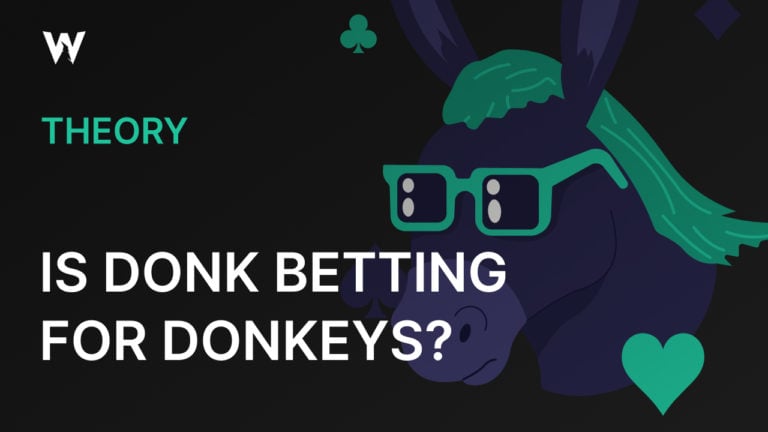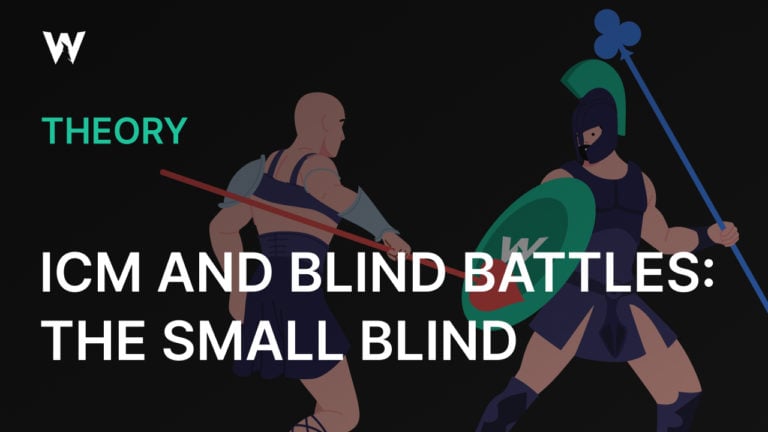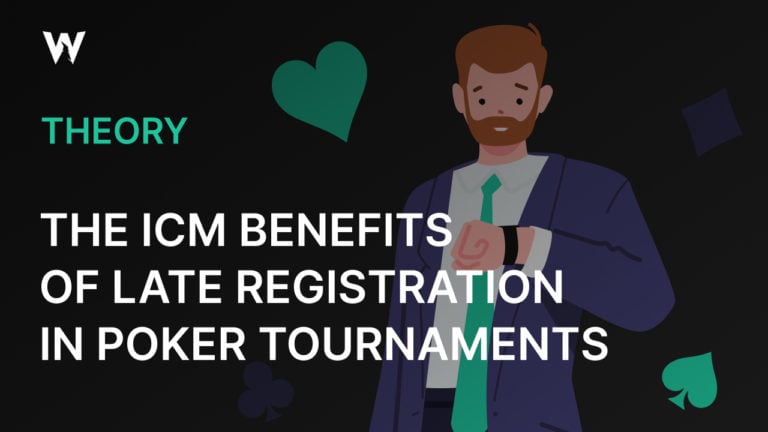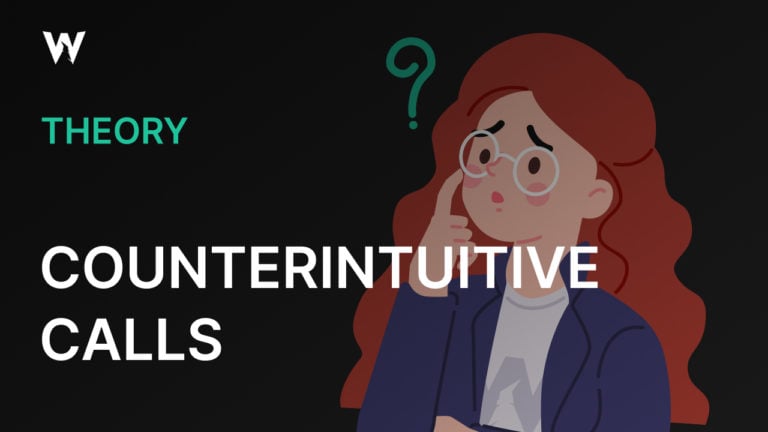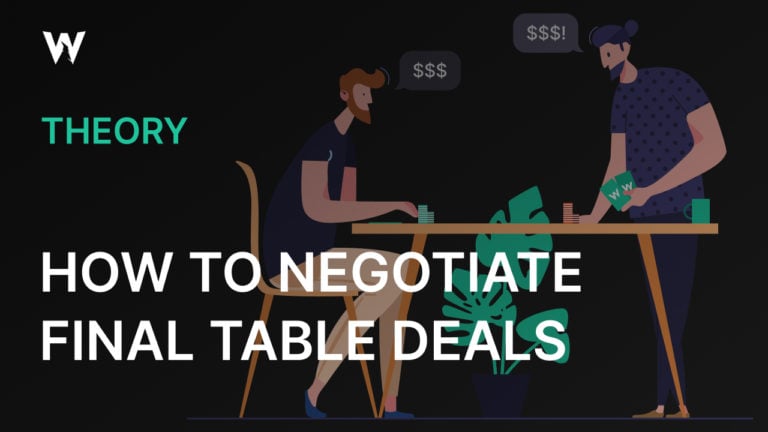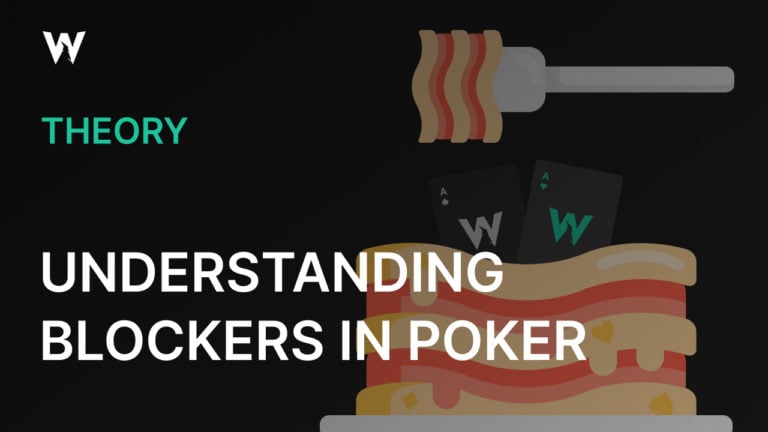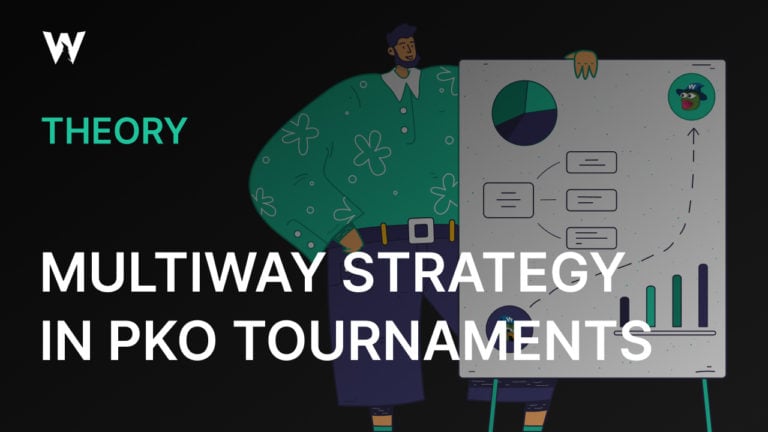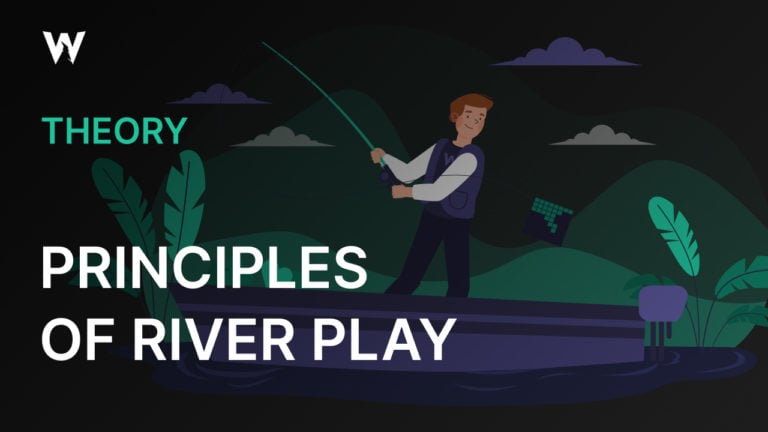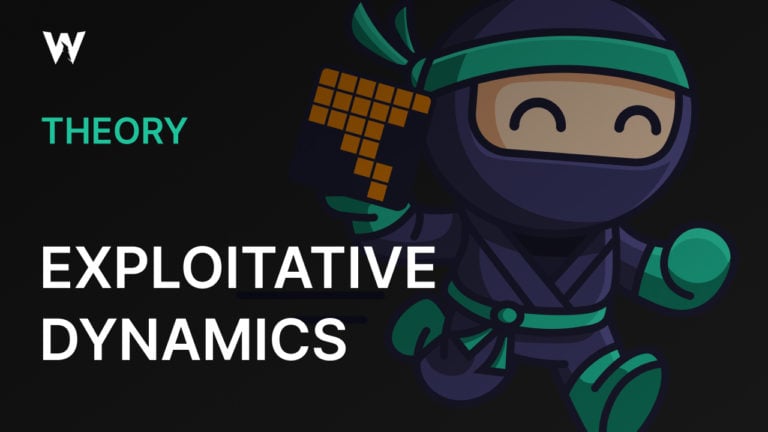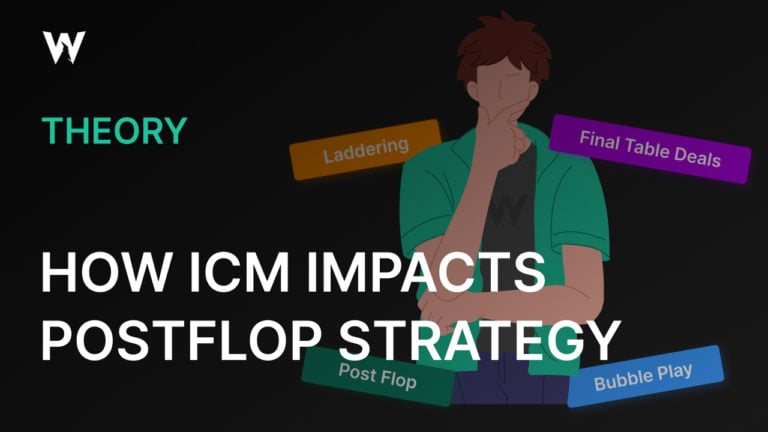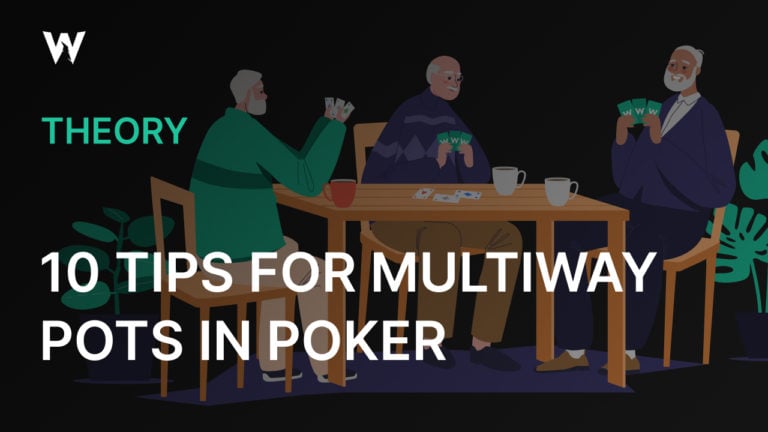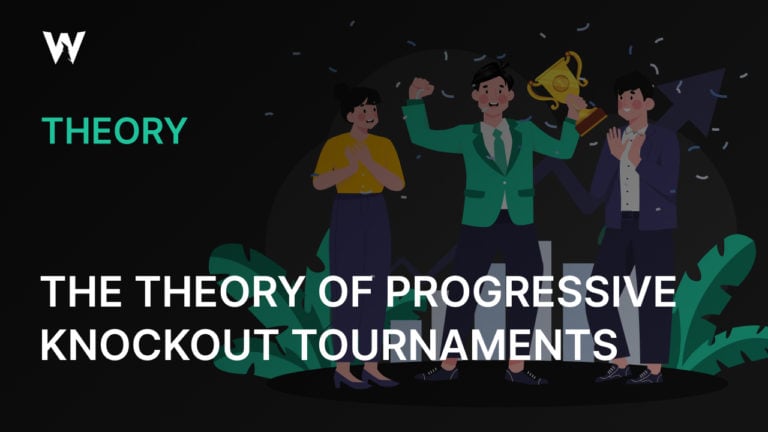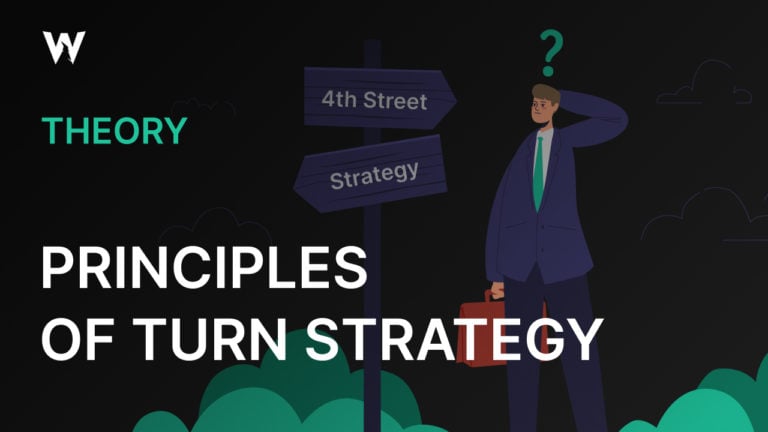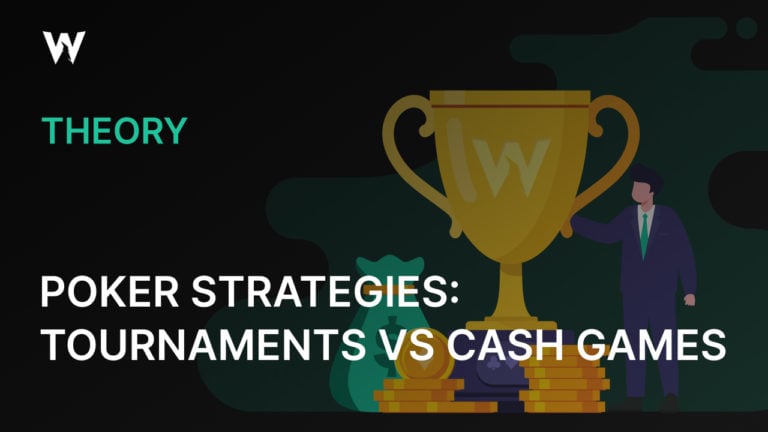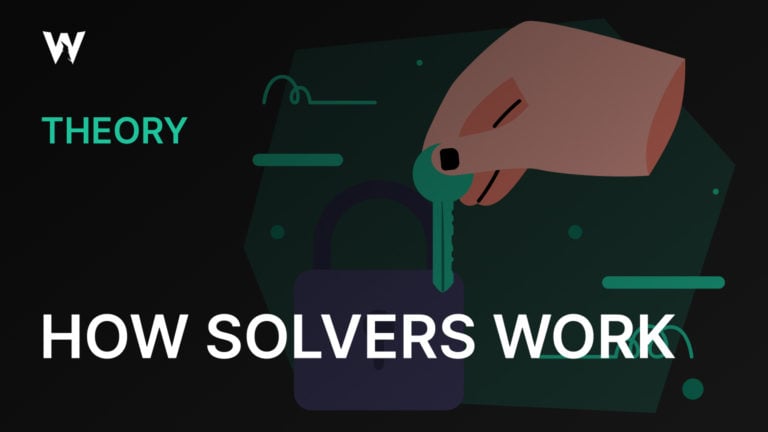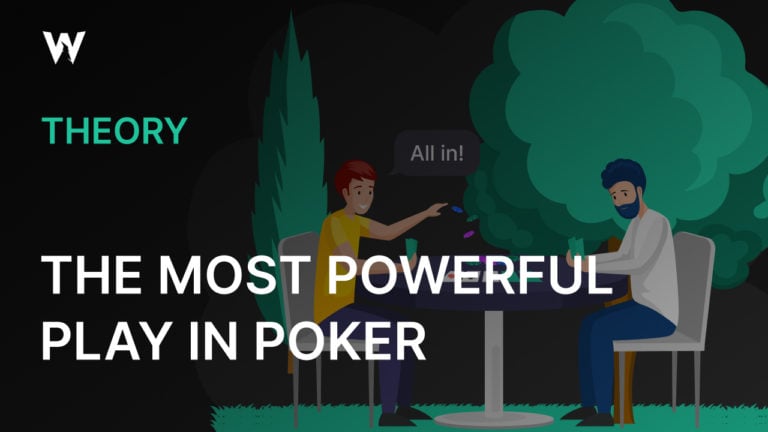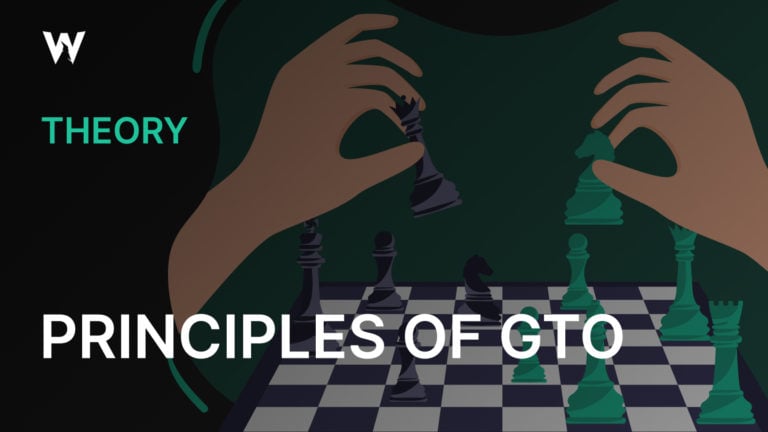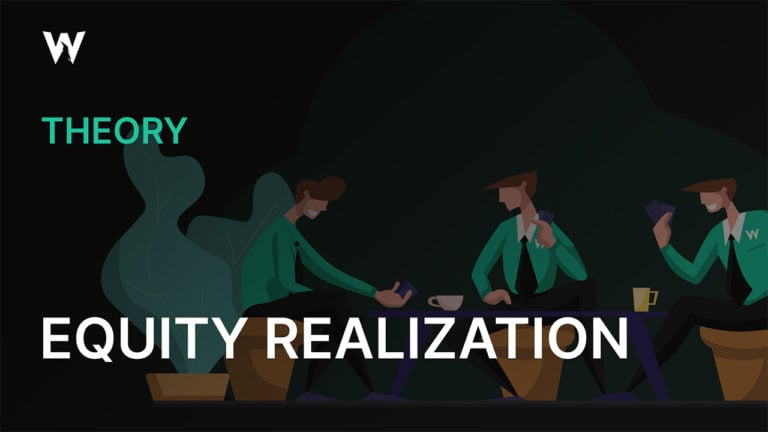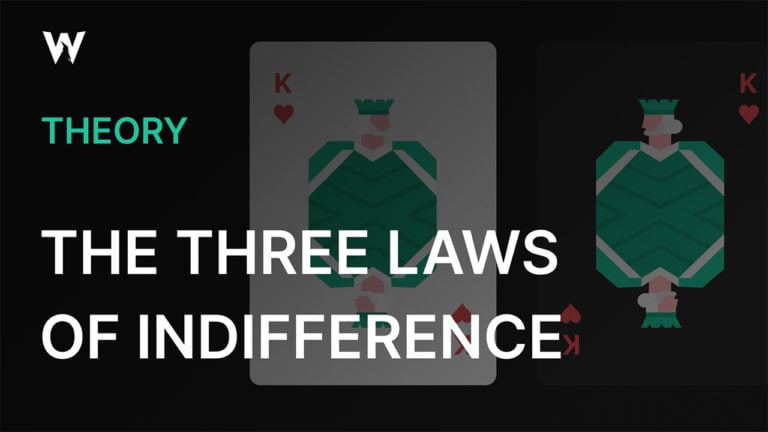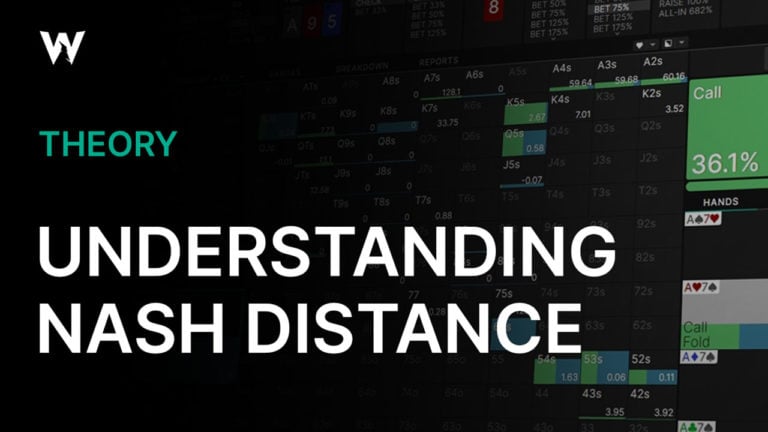Relationships and Poker
In my more than 15 years of poker coaching, I’ve helped hundreds of clients improve their check-raising, bluffing, value betting, and decision-making ability in general. More surprisingly, I’ve also helped many of them improve their relationships with people who aren’t that familiar with poker.
At some point, I realized that a non-trivial amount of what I was doing as a poker coach felt more like marriage counseling. When I asked about challenges they faced in poker, my clients often reported their loved ones—spouses, other romantic partners, parents, or other friends and family—being resistant to them playing poker, or at least playing as much and/or for as high of stakes as they would have preferred.
These concerns took many different forms:
- Skepticism about poker as a viable, reliable career path or income stream.
- Worries about addiction and losing money.
- Conflict over how time should be allocated.
Regardless of the source, many of my clients felt that the friction from these barriers held them back from actualizing their full potential. They felt guilty about the time they spent on it, excessively concerned about short-term losses, and unsure whether to commit to improving or scale back their involvement in the game.
Granted, I am not a trained relationship counselor. But then again, most trained relationship counselors are not poker players. What I do have is a lot of experience helping many different people manage conflicts around poker in their marriages and other relationships. What follows is advice derived from that experience, in the hope that it can help others facing similar problems.
It is presented in the context of romantic partnerships because those seem to be the cases where such pain points arise most frequently and have the highest stakes (pun intended). But even when I talk about the potential objections of a “partner,” you may well find the advice useful in navigating conflict with friends, family, in-laws, clergy, or any other non-poker player whose opinion matters to you.
Yes, We’re Still Talking About Game Theory
I can’t help it. I’ve been playing and studying poker for so long that game theory now structures how I think about pretty much everything.
Zero-sum game
When we discuss game theory in poker, we usually talk in terms of zero-sum games, where one player’s wins are another player’s losses. In zero-sum games, information hiding is critically important. If your opponents figure out what you’re trying to achieve, you can expect them to thwart you since your achieving it would necessarily be bad for them.
Positive-sum game
A healthy relationship, whether romantic or otherwise, is a positive-sum game. Your objective is not to win at the other person’s expense but to support one another in achieving your shared goals.
When a conflict appears zero-sum—you want to play poker, your partner wants you not to—try to zoom out to these ultimate objectives. You and your partner both want to feel comfortable, happy and supported. You also wish for your significant other to feel that way as well. Those are your shared objectives. The question is how to get there.
A healthy relationship is a positive-sum game.
Positive-sum games are about information sharing. Driving provides a simple example. You may not think of it as a game, but it is an interaction with other players (drivers) where your payoff depends in part on the choices those other players make. Although there is sometimes conflict, you ultimately share the goals of avoiding collisions and keeping traffic move smoothly. Thus, you have a turn signal so that you can share your objective with other drivers. Once informed of your objective, they are incentivized to accommodate it. Cutting other drivers off by spontaneously changing lanes without signaling may be a quicker way to achieve your immediate objective, but it jeopardizes your greater goal of arriving safely at your destination.
Similarly, when conflict arises in a relationship, you would be short-sighted to focus only on “getting your way” by any means necessary. Rather, your goal should be to achieve a mutually beneficial outcome that satisfies the interests of all parties. That requires from you:
- To communicate your own goals and desires, so your partner can help you achieve them.
- But also to listen and understand your partner’s goals and desires, so you can accommodate them.
What exactly is your partner’s concern about you playing poker? Why exactly is it important to you? The more specific you can get, the better.
Keep in mind that this part is about listening and understanding. Your partner may say things you disagree with, but this is not the time to voice that disagreement. Focus first on understanding, in as much detail as you can, why they feel the way they feel. Then, you can explain your own feelings on the subject and work together to find a solution.
Focus first on understanding (your partner’s concerns).
The rest of this article will address a few common points of conflict, but this is just to get you started. Everyone’s situation is unique, so again, you should focus on understanding the exact nature of your partner’s specific concerns.
Money
Money is a common source of conflict in relationships. Your partner may be concerned about the money you spend on poker, or the money you could end up spending if things go badly. Even if you are a winning player, and they understand what that means (which is not a given—we’ll discuss that potential point of conflict later), they may simply be uncomfortable with the sums involved.
Losses
Most people who play poker lose money. Presumably, if you are a reader of the GTO Wizard blog, you are more successful than the average player. Even so, you should acknowledge that you could end up a net loser in your poker career. More importantly, you should acknowledge that your partner’s concern that you could lose money is valid.
Your partner’s concern that you *could* lose money is valid.
That doesn’t have to be a dealbreaker. Most hobbies and pastimes cost money. Budgeting money for poker need not be any different than budgeting for sports equipment, streaming services, concert tickets or sneakers.
One way to handle this, which can help you in other aspects of your poker career as well, is to establish a dedicated poker bankroll. Agree upon a sum you will initially earmark for poker and perhaps also an amount you can add to the bankroll on a monthly basis. Once this money is in the bankroll, it is yours to do with as you please, but when it’s gone, it’s gone (at least until the next refill).
- If you are indeed a winning player, then the bankroll will grow over time.
- If not, well, this will make plain just what you are spending on this hobby, and you can consider whether poker is worth it to you.
In both scenarios, the benefit is making your poker situation explicit which provides clarity and a solid basis for decision making.
However, even if you are demonstrably winning money at poker, your partner may still be uncomfortable. For many people, the idea of losing $50 or $100 in a poker game is upsetting. They are certainly not accustomed to swings of thousands of dollars. Probably, you had to develop the stomach for it yourself as you moved up in stakes.
Your partner does not necessarily need to understand the details of bankroll management, but they do need to trust that you are managing risk responsibly.
Remember your own journey and empathize with your partner’s emotions as you lead them on an accelerated version of it. Emphasize the actions you take to manage both the risks and the associated emotions: bankroll management, game selection, focusing on the quality of your decisions over short-term results, etc. Your partner does not necessarily need to understand the details of bankroll management, but they do need to trust that you are managing risk responsibly and not playing in a way that will jeopardize your finances.
Nor do they necessarily need to know the results of a given session. This is not a decision to make unilaterally, but if your partner finds the swings upsetting, you may mutually agree not to share them. Then, they must only come to terms with the initial decision to set aside $X for a poker bankroll. After that, they do not need to be involved in the details of what you do with that bankroll.
I have explained to my partner and other non-poker players in my life that it is better for me not to discuss short-term results. It is not good for a poker player to focus on results, and they can help me by not asking. Now, when they ask how a session went, they understand that I may talk about how well I played or about a funny or interesting thing that happened but that whether I won or lost money is not important.
Wins
Another potential point of conflict is what to do with winnings. Will they all be reinvested in the bankroll? Is there any point at which you will withdraw money from the bankroll? This is especially important for tournament players to discuss, as it would be a pity to have the thrill of a big tournament win sullied by squabbling over what to do with the winnings. It may help to remind your partner that, just as you will not be dipping into your other finances to cover losses, your winnings do not necessarily represent a windfall to be spent on other things.
The separation of funds for poker from other parts of the household budget works in both ways: losses and wins.
Time
The time you spend on poker includes not just the time you spend playing but the time you spend studying, talking, and thinking about it. If you play poker on Saturday and spend Sunday with your partner, but on Sunday you are grumpy or distracted because you are ruminating about hands you lost or mistakes you made on Saturday, then you are not fully spending Sunday with your partner. Your mind is elsewhere, and they will understandably not appreciate that.
The time you spend on poker includes not just the time you spend playing but the time you spend studying, talking, and thinking about it.
For many poker players, time is a more limited commodity than money. This is especially true if you have a family and/or a demanding job outside of poker. Taking time to enjoy hobbies independently is important, but so is leisure time with family, friends and solely with your partner. You may need to budget your time just as you do your finances to ensure you are not neglecting anything.
It is also important not to pass on the costs of your poker time to your partner without their understanding and consent. If your playing poker will require them to take on additional child care responsibilities or household chores, it may help to offer to take on such responsibilities yourself in other instances so they can pursue their own independent interests. As always, making such understandings explicit is the best way to arrive at a compromise that will not leave anyone feeling resentful.
Addiction and Problem Gambling
Poker is a gambling game. It is possible to develop an unhealthy relationship with poker, just as with any other form of gambling, with consequences not only for you but for those close to you as well. Your significant other has every right to be concerned about this risk, and if you wish to play poker while having that person in your life, it is incumbent upon you to assuage their concerns.
It is true that some people who do not understand poker overestimate the risk of addiction. It is also true that some people who do understand poker underestimate the risk.
Your partner probably knows you better than just about anyone. In some cases, they may even recognize things about you that you have not yet recognized about yourself. If someone so close to you expresses a concern about gambling addiction, you should take that concern seriously. That does not mean you must ultimately agree with them, but you should allow for the possibility that they are onto something, even if it does not feel true.
When someone from your inner circle expresses a concern about gambling addiction, you should take that concern seriously given how close they are to you.
If, after this introspection, you still believe your partner’s concerns are unfounded, you must work with them to put them at ease. The material above about explaining how you manage financial risk may help. Articulating the differences between poker and games of pure chance, perhaps by demonstrating what a large role studying plays in your poker career, may help as well.
As always, listening to your partner’s concerns and taking them seriously is an essential first step. If they are excessively concerned about addiction, where does that come from? What are the underlying issues?
It could be that they are responding to outside pressures like concerns about gambling and casinos being perceived as disreputable by their family and friends. Making that explicit opens new problem-solving spaces where they may be able to prioritize your interests/insights over those of less intimate relations. In cases where the opinions of those others are worth prioritizing—in-laws, for instance—the two of you together, once on the same page, may be able to use some of the aforementioned tactics to get through to them.
It could also be that your partner has prior experience with problem gambling. If they have previously suffered the consequences of a loved one’s addiction, they will understandably be concerned about your involvement with anything gambling-related.
This kind of trauma may be too big to handle on your own. It’s the kind of thing your partner, or the two of you together, may need to work through with a professional therapist. Working through it is important if you are going to play poker, however. Asking your partner to swallow these anxieties is a recipe for resentment and further conflict down the line.
Autonomy
So far, we have talked about what may underlie your partner’s concerns about poker. But it takes two to tangle, so let’s also consider what may underlie your resistance to your partner’s concerns.
Poker players tend to be a competitive, independent, even rebellious bunch. We don’t like people telling us what to do. If that sounds like you, then you may have an outsized reaction to your partner’s concerns about poker.
Remember, a relationship is not a zero-sum struggle for who will get their way. While you understandably do not want your partner to dictate what you can or can not do, you should also not force them to feel a certain way. In other words, the objective is not simply to play poker by any means necessary—by sneaking around or by disregarding your partner’s concerns—but rather to arrive at a certain level of understanding where your partner is comfortable with the time and money you invest into poker. This requires treating their concerns as de facto valid and worthy of consideration because they are the hurdles to overcome to reach the desired destination.
Treating your partner’s concerns as de facto valid and worthy of consideration is a necessary requirement in the process of helping your partner reach a sufficient level of understanding for them to be comfortable with your poker.
Conclusion
Serious poker played for hundreds or thousands of dollars (or the equivalent in other currencies) is an unconventional hobby and an even more unconventional career. No one is born understanding our strange world, and few people grow up dreaming of marrying a poker player.
That doesn’t mean you can’t make it work. If poker is important to you and you are important to your partner, then they should be open to learning more about it and finding a way to make it work.
Your job, as the person who better understands poker and wants them to understand it as well, is to teach them. Teaching is about more than dumping information into someone’s head; it’s about meeting them where they are and guiding them to a deeper understanding. They don’t need to understand everything about poker, but they do need to understand why it appeals to you and what you plan to do to manage the risks and address their concerns.
To help them get there, you must, in turn, understand where they are coming from. That requires taking their concerns seriously and perhaps compromising to address those concerns.
In the end, those compromises may be in your interest as well. Managing your bankroll, taking measures to limit your financial risk, and setting thoughtful limits on how much time you spend on poker may help you have a longer and more successful poker career. They will certainly help you have a longer and more successful relationship.
Author
Andrew Brokos
Andrew Brokos has been a professional poker player, coach, and author for over 15 years. He co-hosts the Thinking Poker Podcast and is the author of the Play Optimal Poker books, among others.












